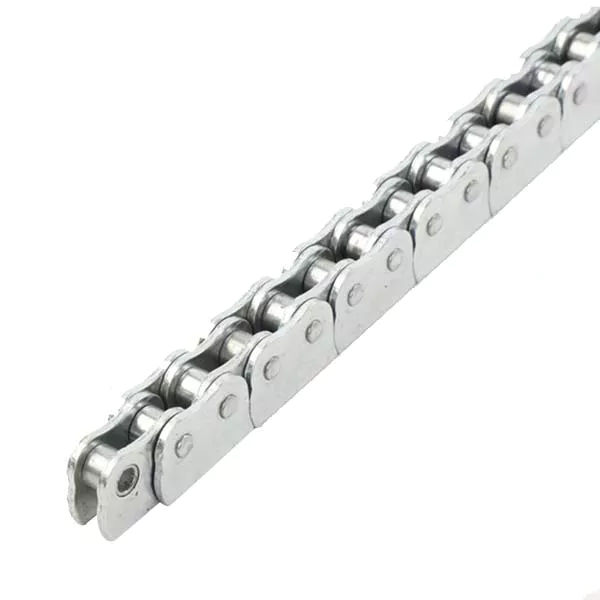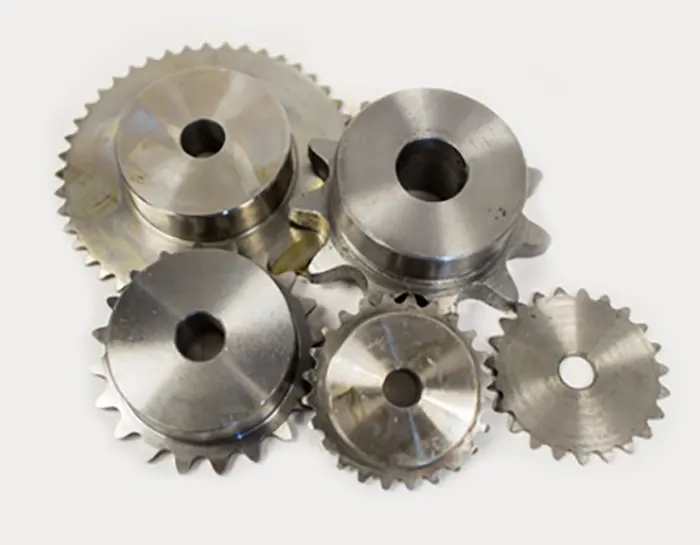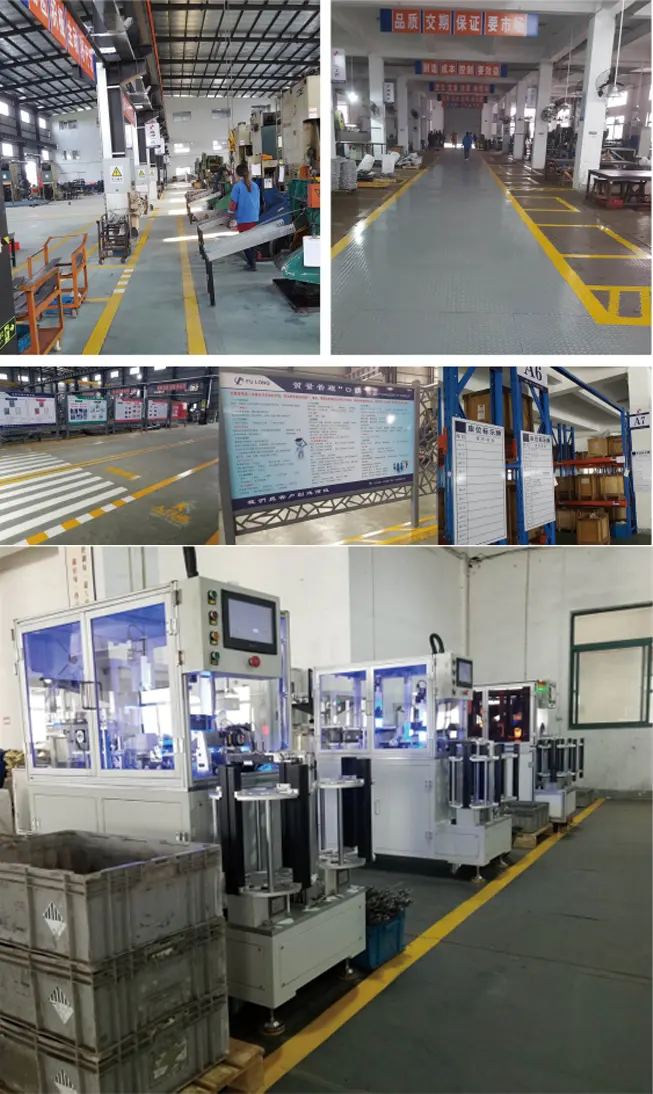Introduction
In the field of bridge safety inspections, the use of stainless steel anti-bent chains has become increasingly important. These chains are specifically designed to withstand the demanding conditions and requirements of bridge inspections, ensuring the safety of both the inspectors and the bridge itself. In this article, we will explore the various aspects of stainless steel anti-bent chains, their applications, advantages, common faults, and solutions, as well as how to choose and customize the right chain for specific needs.
Applications of Stainless Steel Anti-Bent Chains
– Suspension Bridge Inspections: Stainless steel anti-bent chains are extensively used in the inspection of suspension bridges. These chains provide the necessary strength and flexibility to ensure safe access for inspectors, even in challenging environments.
– Cable Stayed Bridge Inspections: Cable-stayed bridges require regular inspections to assess their structural integrity. Stainless steel anti-bent chains are crucial in these inspections, as they allow inspectors to access the cables and critical components with ease.
– Arch Bridge Inspections: Arch bridges often have intricate designs and hard-to-reach areas that require thorough inspections. Stainless steel anti-bent chains enable inspectors to navigate these areas and perform accurate assessments of the bridge’s condition.
Why Choose Stainless Steel Anti-Bent Chains for Bridge Safety Inspections
– Corrosion Resistance: Stainless steel anti-bent chains are highly resistant to corrosion, making them ideal for outdoor applications where exposure to moisture and harsh weather conditions is common.
– High Strength: These chains are engineered to withstand heavy loads and provide reliable support during inspections, ensuring the safety of both the inspectors and the bridge.
– Flexibility: Stainless steel anti-bent chains offer excellent flexibility, allowing inspectors to navigate tight spaces and challenging angles with ease.
Common Faults and Solutions
– Chain Deformation: In some cases, stainless steel anti-bent chains may experience deformation due to excessive force or improper handling. Regular inspections and proper maintenance can help identify and address this issue. If deformation occurs, replacing the damaged section of the chain is recommended.
– Corrosion: Although stainless steel chains are highly resistant to corrosion, prolonged exposure to corrosive substances or environments can still cause damage. Regular cleaning and applying a protective coating can help prevent corrosion and extend the chain’s lifespan.
– Wear and Tear: Continuous use of the chains during inspections can lead to wear and tear over time. Inspectors should regularly check for signs of wear, such as elongation or deformation, and replace the chains as necessary.
Selecting and Customizing the Right Stainless Steel Anti-Bent Chain
When choosing or customizing a stainless steel anti-bent chain for bridge safety inspections, several parameters and conditions need to be considered:
– Chain Diameter: The diameter of the chain should be selected based on the load requirements and the intended application.
– Chain Length: The length of the chain should be determined by the specific bridge’s dimensions and the inspection requirements.
– Working Load Limit: The working load limit of the chain should be carefully evaluated to ensure it can withstand the anticipated loads during inspections.
– Surface Finish: Depending on the environmental conditions, selecting the appropriate surface finish can enhance the chain’s corrosion resistance and durability.
Stainless Steel Sprockets for Anti-Bent Chains
Stainless steel sprockets are essential components that work in conjunction with anti-bent chains. They provide the necessary engagement and power transmission required for safe and efficient bridge inspections. Our company offers a wide range of stainless steel sprockets designed specifically for anti-bent chains, ensuring optimal performance and compatibility.
About Our Company and Recommended Stainless Steel Anti-Bent Chains
Our company is a reputable manufacturer specializing in the design, manufacturing, and sales of stainless steel chains. We offer a diverse range of products, including stainless steel chains made from high-quality materials such as 304, 310, 321, 316, 410, 420, 431, 630, and 2205. These chains find extensive applications in various industries, including food processing, pharmaceuticals, electronics, appliances, automotive manufacturing, machinery, metallurgy, and wastewater treatment. We also provide professional customization services based on customer specifications. Our products are exported to Europe, America, Southeast Asia, and other regions. We encourage customers to explore our stainless steel anti-bent chains and contact us for purchasing inquiries.
Q&A (Frequently Asked Questions)
Q: Can stainless steel anti-bent chains be used in extreme temperatures?
A: Yes, stainless steel anti-bent chains are designed to withstand a wide range of temperatures, making them suitable for both hot and cold environments.
Q: How often should stainless steel anti-bent chains be inspected and maintained?
A: Regular inspections and maintenance should be conducted according to the manufacturer’s guidelines and industry standards. Factors such as frequency of use, environmental conditions, and load requirements should also be considered.
Q: Can stainless steel anti-bent chains be used in marine environments?
A: Yes, stainless steel anti-bent chains are highly resistant to corrosion, making them suitable for marine applications where exposure to saltwater and other corrosive elements is prevalent.
Edited by Zqq.






